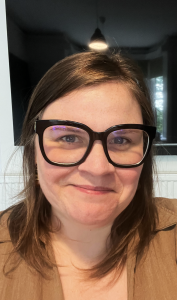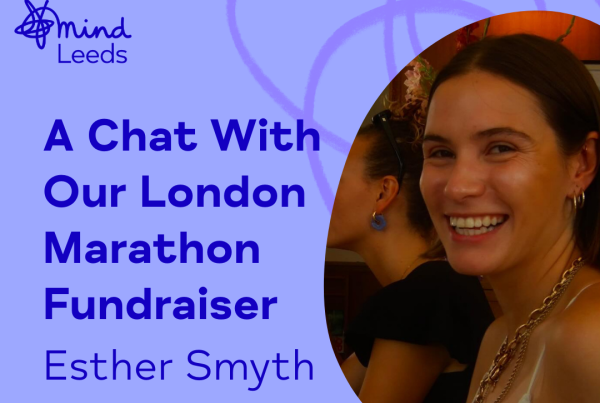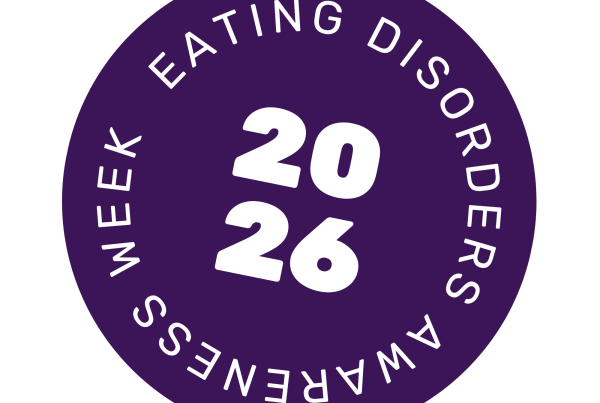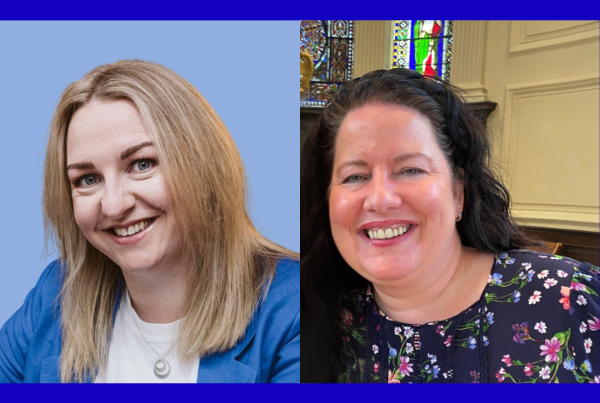October is ADHD Awareness Month and the theme for 2025 is ‘the many faces of ADHD’, which highlights the diversity of experiences and strengths of people with ADHD.

Dr Jane Lindsay
To mark the occasion, the Leeds Mindful Employer Network invited Dr Jane Lindsay, a neurodivergent leader, executive coach and lived experience worker to share some insights with Network members. Jane highlights what she sees as the mental health impact of ADHD stereotypes and how employers and workplaces can challenge them by amplifying the voices of those who are ‘experts by experience’.
Jane began: Thanks so much for the invitation to contribute to the conversation around ‘the many faces of ADHD’. This idea of diversity in the neurodivergent community is central to my work, which focuses on unleashing the potential of the neurodivergent community in their professional and personal lives. I do this by putting an individual’s story at the heart of our work together. But what I see and hear all too often within these stories are the very real impacts of stereotypes: on identity, mental health, relationships and job performance.
What stories and stereotypes do we hear about ADHD?
It’s impossible to avoid media stories about presentations of ADHD. There are many positive stories out there. Public figures from MP Olivia Blake to reality star Sam Thompson advocate for the benefits of diagnosis. Organisations like Ernst and Young espouse the value of their neurodivergent workforce for contributing to creativity, innovation and inclusivity. Yet I (and I’m sure many others in our community) feel the overwhelming burden of the other side: the presentation of ADHD as an ‘excuse’ for laziness and disorganisation; a ‘trendy’ epidemic of overdiagnosis; and (ironically) at the same time something ‘we all have a little of’. Misrepresentations of the facts and experiences of ADHD abound in politics, public health, the media and online across the world. This has an impact on the neurodivergent community as well as those with the ability to support individuals with ADHD to flourish. These misrepresentations are one way – if untruthful and harmful – to ‘join the dots’ between some of the facts about ADHD. For example:
- Around 1 in 20 people in UK have an ADHD diagnosis (though NICE suggest the actual rate is more like 3-4% of the population)
- Individuals with ADHD report disproportionately low levels of wellbeing
- The World Health Organisation (WHO) says people with ADHD can ‘lose’ 22 days per year of productivity
What are the real stories?
Let’s join the dots a different way based on the stories I know of people living and working with ADHD instead…
- Work is hard if you have ADHD because workplaces in the UK are organised with reference to norms that require adjustments and/or masking.
- The fear of being seen as lazy, disorganised or incapable (as a result of stereotypes and misconceptions about ADHD) prevents people (up to 69% according to some statistics) disclosing their ADHD and therefore getting any support.
- Lack of appropriate support impacts performance, which reinforces negative self-perception to the detriment of work engagement and mental health.
- Chronic anxiety and shame about not meeting expectations (from self and workplace) creates the conditions for exhaustion and burnout.
‘I work twice as hard as everyone else to hide my ADHD, but it’s exhausting and unsustainable’ said one respondent to the Adult ADHD Charity’s 2024 survey.
I myself know how lonely and isolating feeling both ‘too much’ and ‘not enough’ for those around you can be, because of unmet neurodivergent needs, and how high the costs of chronic stress, anxiety and burnout are on personal, social and financial capital.
What does this mean for employers?
It is most likely that these mental health challenges will bring employees’ neurodivergence to the attention of their organisation. Remember, 65% of those with ADHD in work have no adjustments due to the fear of disclosure. Employers and managers may witness impacts on engagement and productivity, may notice increased absence or may struggle to retain staff. In other words, the wellbeing cost for individuals will become a financial cost for the organisation.
There is also an unseen impact for employers: the way problematic misinformation finds its way into organisational culture. Even an organisation that has stellar diversity and inclusion policies, a real commitment to staff mental health and wellbeing and a strong track record of providing adjustments for staff is not immune to the damaging effects of stereotypes and misconceptions.
In my work, it is not uncommon for me to encounter individuals who have been offered workplace or educational adjustments that simply do not meet their needs, or which are ‘standardized’ based on some sort of aggregate neurodivergent profile. It is much rarer to be offered a conversation and support to work out what your needs might be and how best they might be addressed as though an organisation sees ‘you’ and not your neurotype.
I fear that the prevalence of stereotypes and misconceptions about neurodivergence in general and ADHD in particular have resulted in the development of ‘archetypal’ expectations. Even well-intentioned, these include the internalised myth that ADHD is ‘a thing’, ‘a condition’, ‘a disorder’ that exhibits certain characteristics and can be managed via a series of prescribed adjustments. It is all too easy to lose sight of the fact that ADHD is ‘one’ diagnosis but at the same time millions of different stories.
How can you challenge those stereotypes?
In two reports published in 2025, the Independent ADHD Taskforce (commissioned by NHS England), recognised ADHD as the business not just of health professionals but advocated a ‘whole of society’ approach to ‘enable people with ADHD to engage successfully in education and work and participate fully in society.’ In their terms, this is about the provision of a whole range of Government services in support of ADHD individuals, but it has wider implications. Supporting individuals with ADHD to flourish is something we can all contribute to.
For employers, this is of course about the provision of appropriate, timely and regularly reviewed adjustments of the sort that Kate Dean blogged about this time last year.
Additionally, there’s a real opportunity for employers to support those with ADHD in their organisations by challenging stereotypes through consciously championing lived experience voices in all aspects of their strategy and culture. Here are a few ways we can do it:
- Creating space in the management, deployment and development of staff for individual stories rather than generic measures or archetypal performance categories.
- Promoting and amplifying the voices of those with lived experience of ADHD in your organisation, sector and customer base.
- Increasing the visibility of neurodivergent individuals and leaders in your organisations.
- Using a strength-based (rather than deficit-based) approach to recognising the impact of individuals with ADHD.
- Creating pathways for individuals with ADHD to influence organisational strategy and policies: for example through the development of voices groups, the appointment of champions or mentoring schemes.
- Utilising individualised development approaches to support colleagues with ADHD in or aspiring to leadership to enable them to thrive in their roles.
As individuals, listening to lived experience stories rather than stereotypes about ADHD is important to ensure we are informed and embrace our neurodivergent friends.
As employers, amplifying those voices is vital: being heard has huge wellbeing benefits for individuals, especially for those with so-called ‘hidden disabilities’; hearing from individuals with ADHD empowers us to create inclusive and high-performance cultures.
Each story we hear and promote chips away at the monolithic misrepresentations of ADHD that are all too familiar and all too damaging.
Thanks so much to Jane for supporting with this blog.
Dr Jane Lindsay is a neurodivergent leader, executive coach and mental health professional. She offers coaching for neurodivergent leaders; develops and delivers training for organisations on neurodivergent leadership; and facilitates strategic sessions for leadership teams with a focus on culture change and organisational transformation. Reach out at janelindsaycoach@gmail.com



